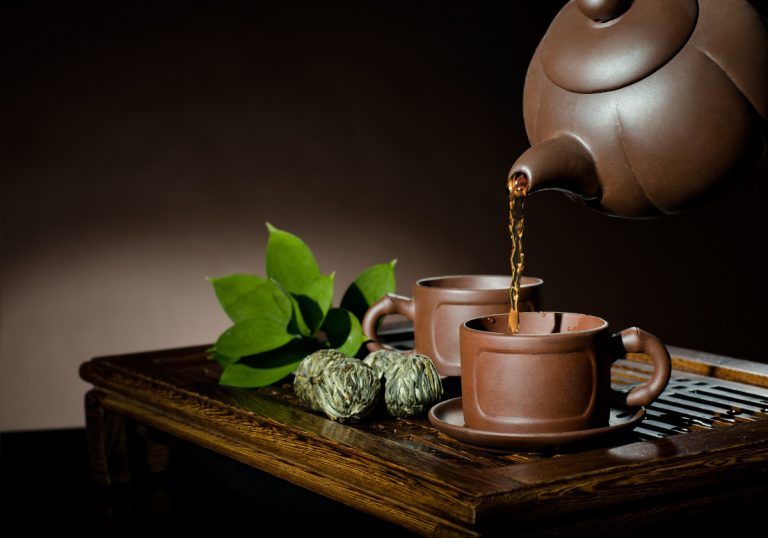One aspect of tea that is often discussed by individuals within the industry is the concept of hui gan, or the aftertaste of tea.
Table of Contents
What is Hui Gan?
Hui gan, also known as the “returning sweetness,” refers to the lingering taste and sensation that one experiences after the initial bitterness of tea. It can also be described as a cooling sensation that clings to the palette, with an inherent sweetness in the flavor profile.
Hui gan is an important factor in the overall taste and enjoyment of tea. Teas with strong and prolonged hui gan are often considered to be of higher quality, although it is not the sole factor used to evaluate the tea.
Factors that Affect Hui Gan
There are several factors that can influence the hui gan of a tea.
Some of the most important include:
Type of Tea
Different types of tea, such as black, green, oolong, and white, have unique flavor profiles and can produce different hui gan experiences.
Brewing Method
The way a tea is brewed can also have an impact on its hui gan. Factors such as water temperature, steeping time, and the type of tea leaves can all affect the final flavor and aftertaste of the tea.
Storage and Aging
Aging can greatly impact the hui gan of certain types of teas, such as pu’er. As the tea ages, the taste and aroma can change and develop, sometimes leading to a more complex and rich hui gan.
Personal Preference
Ultimately, the hui gan of a tea is a subjective experience that can vary from person to person. Different people may have different preferences and sensitivities to different flavors and sensations.

